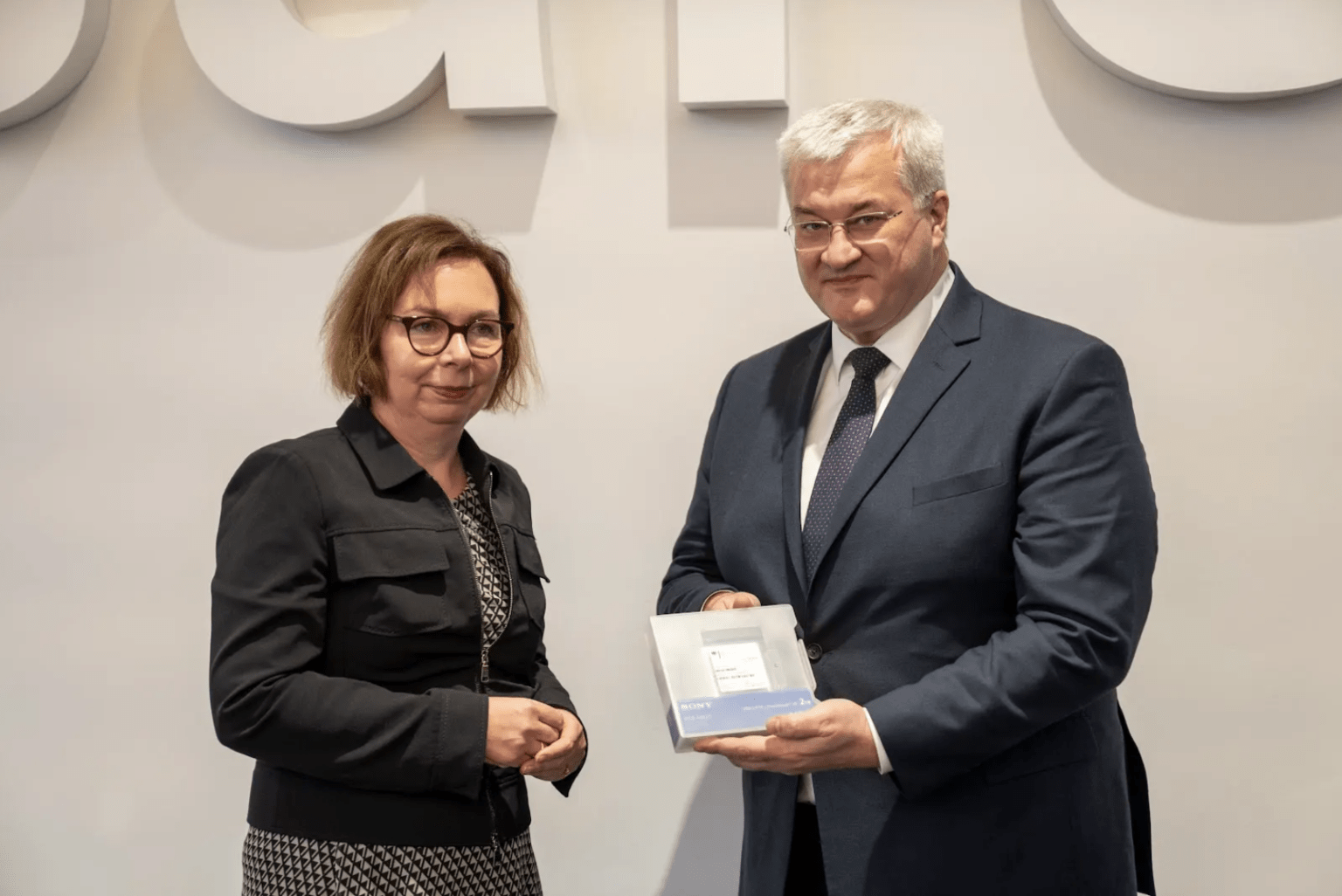The Federal Archives of Germany transferred a hard drive containing nine films from their collection related to Ukraine to Ukrainian Foreign Minister Andrii Sybiha.
Cultural repatriation projects aimed at restoring Ukraine's cultural heritage have gained momentum in recent years, particularly in response to the ongoing conflict with Russia. These initiatives span various aspects of cultural recovery, including the return of stolen artifacts, the preservation of cultural heritage, and the enhancement of cultural sovereignty.
According to the Dovzhenko Center's press service, archivists from both countries meticulously identified and digitized these rare film materials.
The collection spans from 1919 to 1940 and includes a diverse range of cinematic works: three feature films, one short film, two animated films, and three documentaries.
"These unique works of art and documentary footage provide insights into Ukraine's century-long struggle for independence and Soviet totalitarian rule of the 1930s and 1940s," Sybiha said. According to him, the collaboration with the Federal Archives began as early as 2014, long before the current Russian aggresion against ukraine.
Olena Honcharuk, director of the Dovzhenko Center, said that the acquisition as filling crucial gaps in Ukraine's cultural process of the 1920s and 1930s. "This unique collection gives us a sense of unity and new energy to protect and nurture our cultural identity," she said.
Andrea Henger, Vice President of the Federal Archives, described the film transfer as a "signal of solidarity and support".
The collection includes several notable works, such as the 1919 documentary "Bolshevik Atrocities of August 21 or Kyiv Days of Terror", which depicts unvarnished brutality of the civil war. Another significant find is the children's film "Greetings on Your Transfer" (1932) by Iva Hryhorovych, one of the few female cinematographers of 1930s Ukraine, previously considered lost.
The transferred films, some of which are available for online viewing on the Federal Archives of Germany's website, represent a remarkable preservation of historical and cultural memory.
Read also:
- KGB archives document Red Army’s atrocities against Ukrainian village in USSR after 1945
- Discover Ukrainian literature, movies in the largest-yet English-language database
- “Man with a Movie Camera”: One day of a 1920’s Ukrainian city in the early Soviet times

